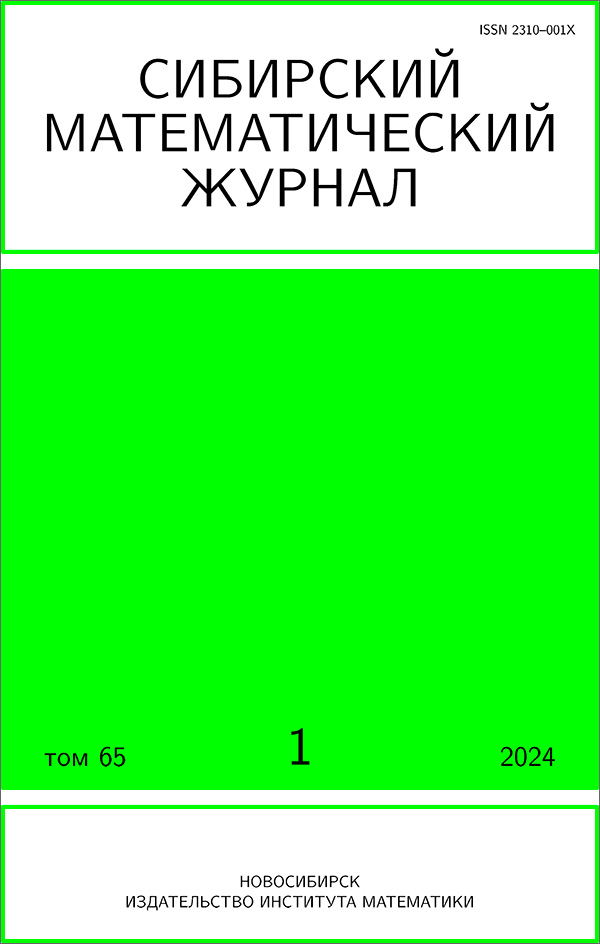|
|
Sibirskii Matematicheskii Zhurnal, 2011, Volume 52, Number 5, Pages 1138–1149
(Mi smj2264)
|
 |
|
 |
This article is cited in 6 scientific papers (total in 6 papers)
On a relation between the Sylow and Baer–Suzuki theorems
D. O. Revinab
a Sobolev Institute of Mathematics, Novosibirsk, Russia
b Novosibirsk State University, Novosibirsk, Russia
Abstract:
Given a set $\pi$ of primes, say that a finite group $G$ satisfies the Sylow $\pi$-theorem if every two maximal $\pi$-subgroups of $G$ are conjugate; equivalently, the full analog of the Sylow theorem holds for $\pi$-subgroups. Say also that a finite group $G$ satisfies the Baer–Suzuki $\pi$-theorem if every conjugacy class of $G$ every pair of whose elements generate a $\pi$-subgroup itself generates a $\pi$-subgroup. In this article we prove, using the classification of finite simple groups, that if a finite group satisfies the Sylow $\pi$-theorem then it satisfies the Baer–Suzuki $\pi$-theorem as well.
Keywords:
Baer–Suzuki theorem, Baer–Suzuki $\pi$-theorem, Sylow theorem, Sylow $\pi$-theorem, property $D_\pi$.
Received: 20.09.2010
Citation:
D. O. Revin, “On a relation between the Sylow and Baer–Suzuki theorems”, Sibirsk. Mat. Zh., 52:5 (2011), 1138–1149; Siberian Math. J., 52:5 (2011), 904–913
Linking options:
https://www.mathnet.ru/eng/smj2264 https://www.mathnet.ru/eng/smj/v52/i5/p1138
|


|





 Contact us:
Contact us: Terms of Use
Terms of Use
 Registration to the website
Registration to the website Logotypes
Logotypes








 Citation in format
Citation in format 
